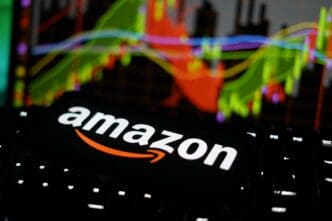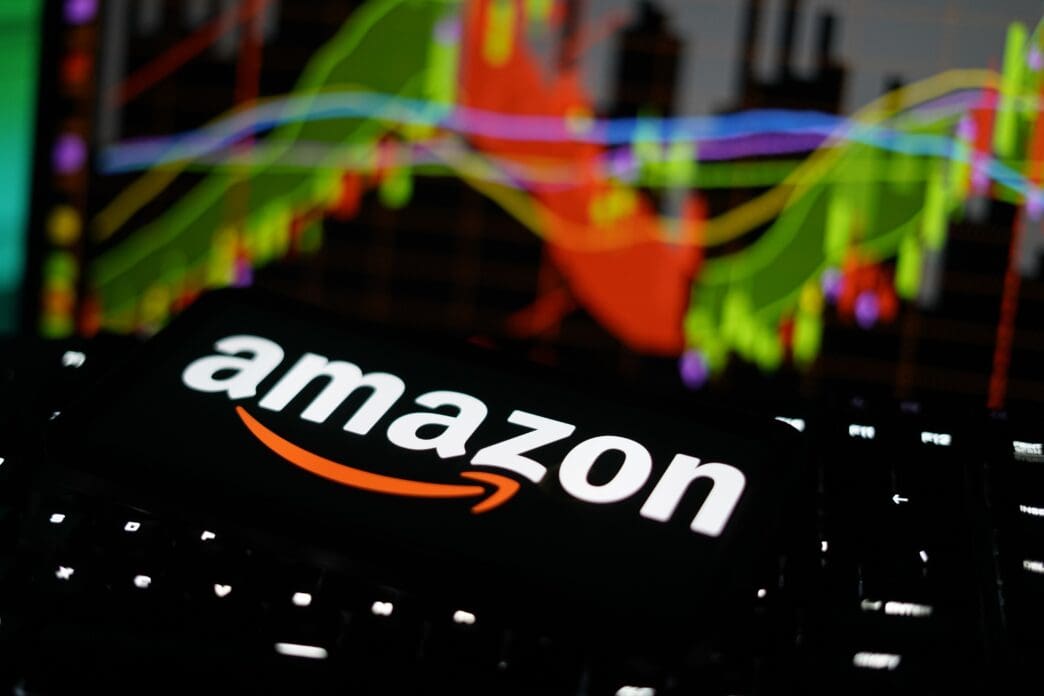Executive Summary
The Story So Far
Why This Matters
Who Thinks What?
Amazon’s stock demonstrated resilience this week, posting modest gains despite a significant Amazon Web Services (AWS) outage that impacted numerous applications, including McDonald’s and Robinhood Markets. The tech giant’s shares climbed 4.2% across Monday and Tuesday, marking its strongest two-day performance since early September, even as the extent of the cloud service disruption became evident.
AWS Outage and Market Reaction
The outage, which began early in the week, caused cascading problems across the internet, highlighting the interconnectedness and reliance on a few major cloud platforms. While Amazon stock experienced a slight pullback on Wednesday, it remained positive for the week. Analysts and investors appeared to prioritize Amazon’s long-term growth prospects, particularly in artificial intelligence (AI), over the temporary technical disruption.
Mark Malek, chief investment officer at Siebert Financial, noted that while the outage underscored inherent cloud computing vulnerabilities, investors were more focused on Amazon’s AI-driven growth narrative. Eric Clark, chief investment officer at Accuvest Global Advisors, echoed this sentiment, stating that such outages are typically temporary and do not significantly disrupt the company or its stock.
Historical Context and Financial Impact
Amazon has experienced major outages before, including a prominent six-hour disruption in December 2021 during the holiday shopping rush, which Bloomberg dubbed “the day the internet paused.” Despite that event, Amazon’s stock closed nearly 3% higher on that day. AWS has grown substantially since then, with analysts projecting its cloud revenue to reach $126.8 billion this year, up from $62 billion in 2021.
The recent outage originated from an issue with Amazon’s DynamoDB database service within its regional data centers in Virginia. Attempts to resolve this led to a range of other problems, affecting services hosted on AWS for approximately 15 hours. Amazon confirmed that all services had returned to normal by Monday evening and typically publishes detailed reports on such incidents in the weeks following.
Competitive Landscape and Investor Concerns
While the financial impact of the outage is expected to be small due to refund guarantees and high switching costs for customers, according to D.A. Davidson analyst Gil Luria, it could provide an opening for competitors like Microsoft Azure and Google Cloud. AWS had already been a focal point of investor debate, as its cloud growth rate in Q2 lagged behind Microsoft and Alphabet, raising concerns about its position in attracting AI-related business.
Amazon stock has underperformed the broader market this year, with a modest 1% gain, making it the weakest performer among the “Magnificent Seven” tech stocks. The stock was hovering just below its 200-day moving average before this week’s gains.
Other Market Drivers and Upcoming Earnings
Beyond the outage, other news influenced Amazon’s stock. Reports from The New York Times indicated Amazon’s internal belief that it could automate 75% of its operations using robotics, potentially driving $2 billion to $4 billion in annual savings by 2027. Additionally, Bloomberg reported that Anthropic is pursuing a large cloud-computing deal with Google, which could impact Amazon’s AI strategy, given its investment and partnership with Anthropic.
The next significant test for Amazon will be its third-quarter earnings report on October 30. Wall Street is closely watching whether AWS’s year-over-year quarterly revenue growth will accelerate to 20%, having recently hovered between 17% and 19%. Analysts will compare Amazon’s cloud performance against rivals Microsoft and Google, both of whom are scheduled to report their earnings the day prior.







